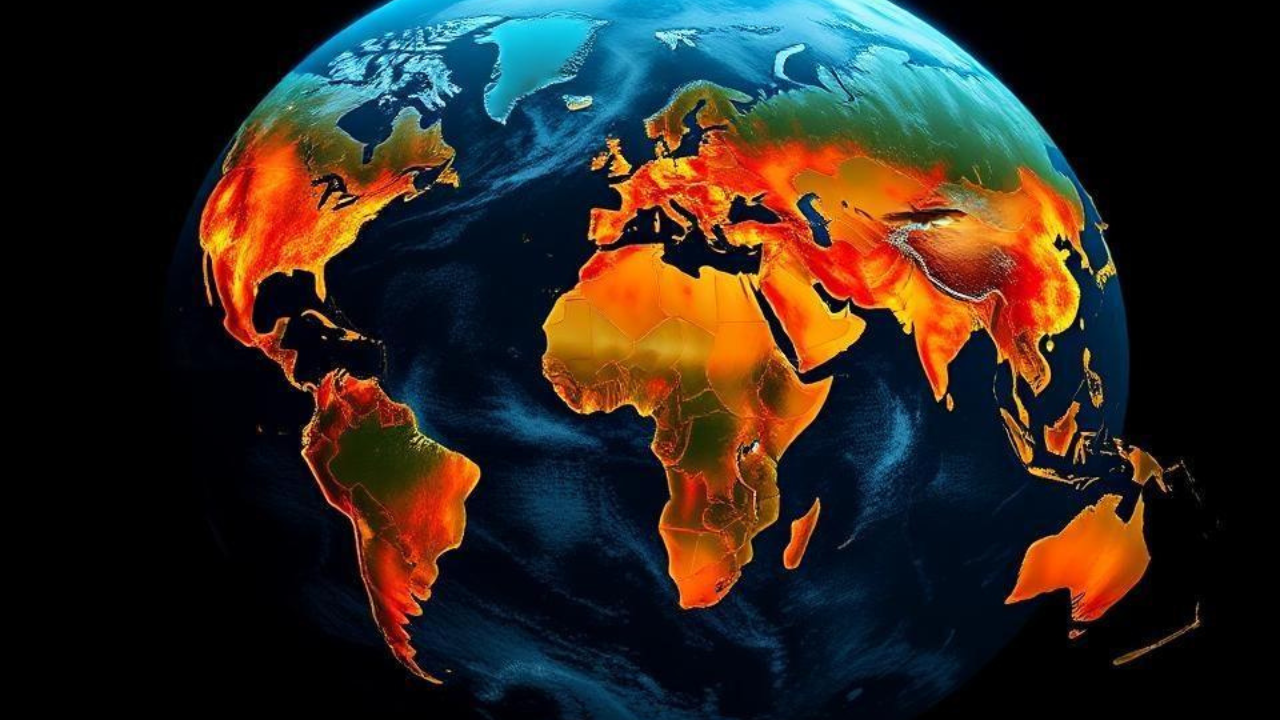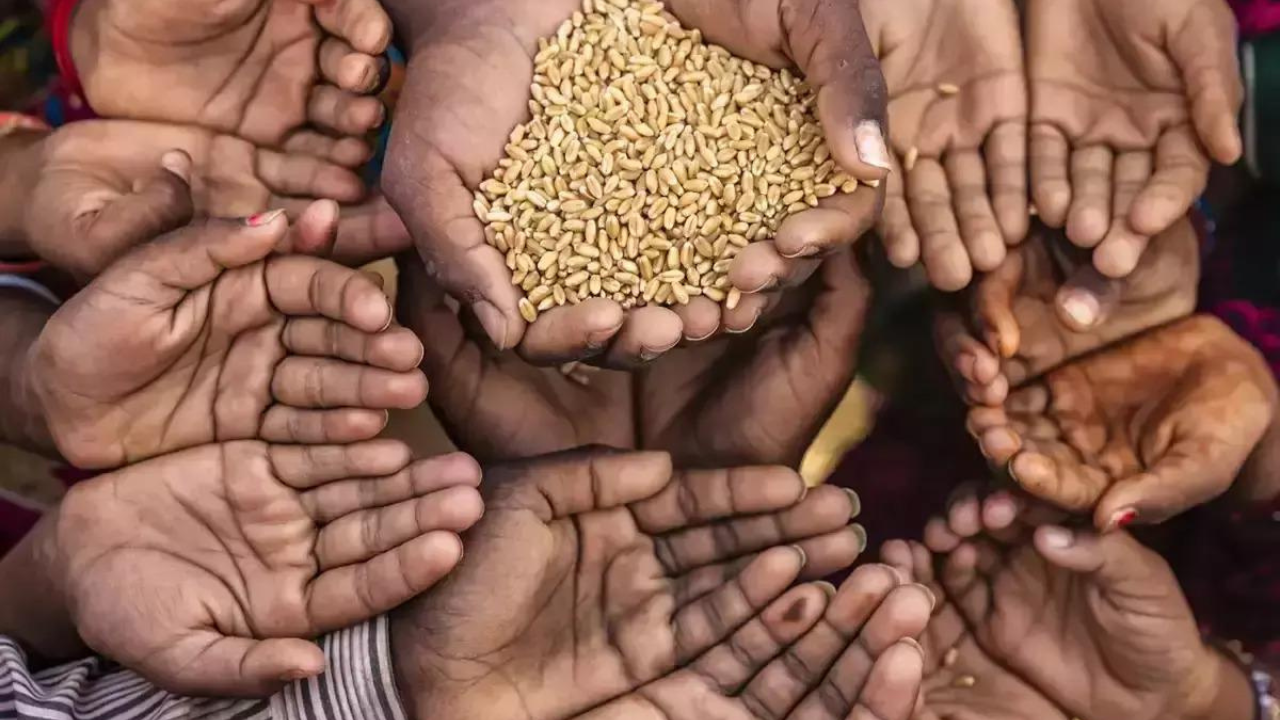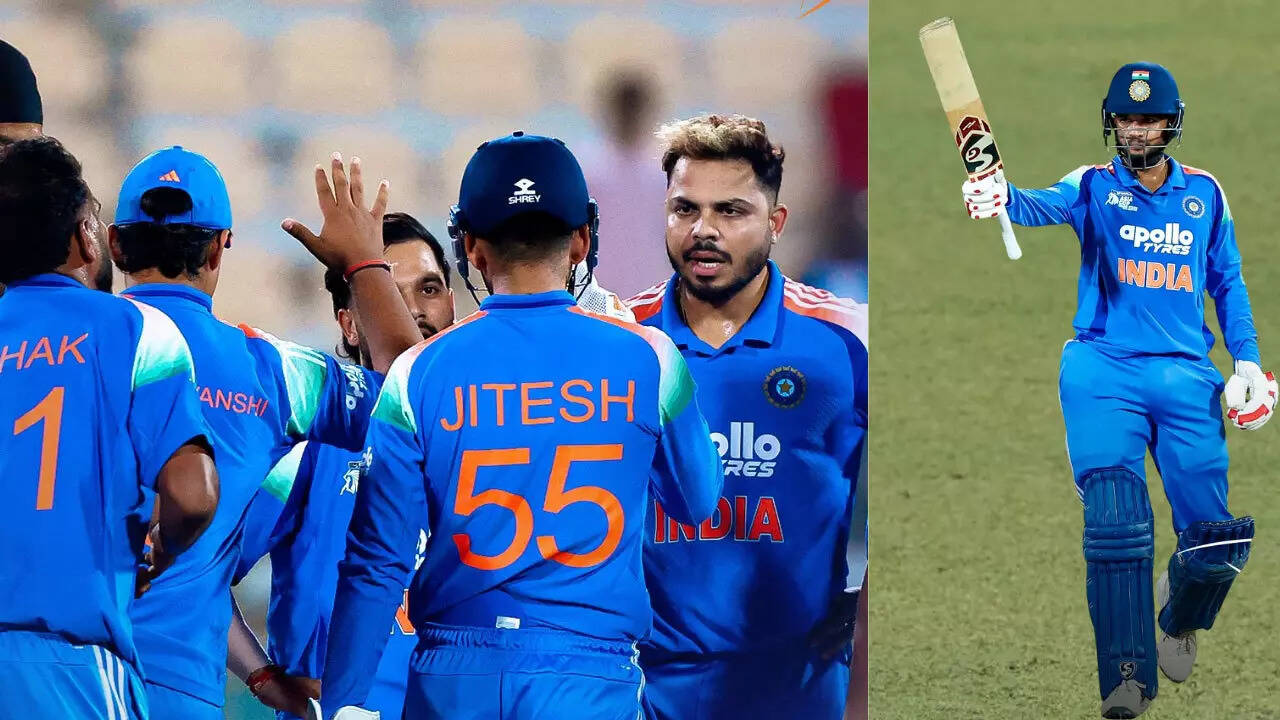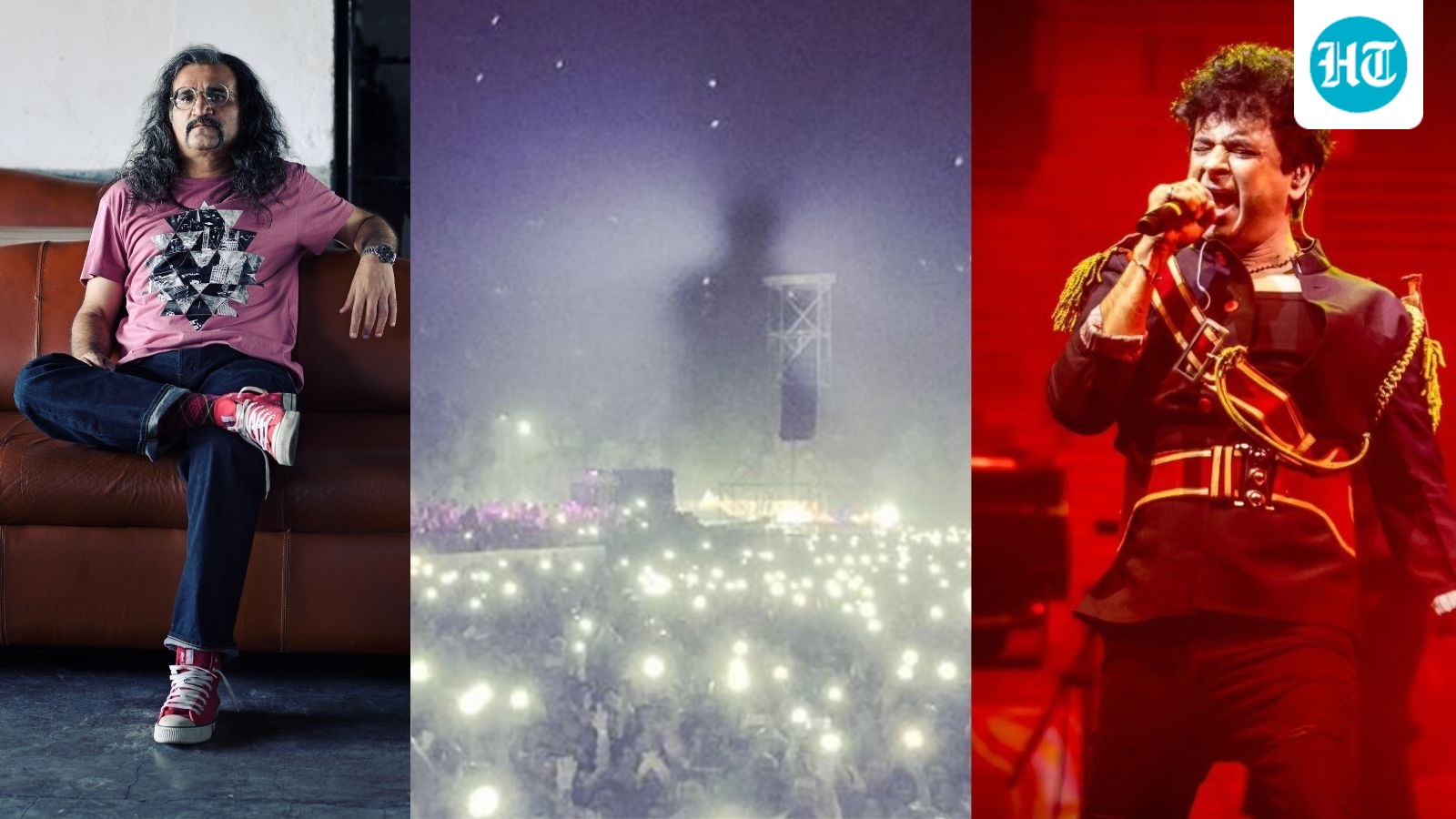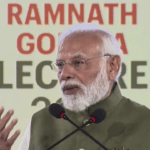Every winter, Delhi’s concert calendar reaches a fever pitch — stadium shows, club nights, festival weekends stacked one after another. But this year, the soundtrack has changed. With AQI levels routinely crossing 400 and slipping into the ‘severe’ category, the same months that usually keep musicians busiest are now leaving them breathless, hoarse and increasingly helpless.

Parikrama’s Subir Malik has seen decades of Delhi winters, but this one feels different. “As musicians, especially singers whose main earning source is their throat, you can imagine what they’re going through. It’s next to criminal… from younger kids to 80-year-olds. And for musicians it’s different because if the singer’s throat goes, the whole band can’t play,” he says.
The band had just wrapped a Vietnam tour — clean air, easy breathing, no coughing fits. But the moment they landed back in Delhi, the familiar weight returned. “After Diwali, it took me about two weeks to get over the entire pollution that caused all the troubles to me, personally. The entire band has got a major issue — throat, cough, everything,” he says, adding that one of their guitarists, Abhishek Mittal, “just couldn’t take it” and has escaped to the hills between shows. “He left yesterday. I don’t know till how long this is going to be… but it’s a big issue for all of us,” Subir adds.
The irony is stark: November, historically the worst month for air quality, is also the most lucrative for indie artists. Many make a bulk of their annual income during these eight to ten weeks. But right now, all their focus is on saving their voices.
Electronic artist Abhishek Bhatia, aka Curtain Blue, is among the lucky few who can afford to hit pause. Deep in album mode, he’s not actively touring — a privilege he is acutely aware of. “Given the levels of pollution in Delhi, it’s extremely worrying for any live performer, especially singers,” he says. “Even without shows, I have to protect my voice — warm water, kadha, a scarf wrapped around my neck at all times,” says Abhishek insisting that if this were a touring year, he would have had no choice but to take the stage through smog and sickness.
For Antariksh’s frontman Varun Rajput, the stress is more immediate. Shows are lined up. Recording sessions are pending. And the city isn’t allowing either. “It’s been super stressful saying yes to a gig at this time of the year. I’ve been postponing vocal recording sessions for weeks because the throat’s just not feeling up for it, he says. “Even a short walk outside me with a headache and a throat that’s itchy for hours. Honestly, this city just feels unlivable now,” he laments.
And that strain isn’t limited to those on stage — it’s rippling across the entire live events ecosystem. Shows are getting cancelled — or saved by antibiotics. According to Nitin Malik, MD of Katalyst Events, anxiety has become part of the booking process. “Smog in Delhi is really affecting all the singers. A lot of shows are getting cancelled,” he says.
“Artists from Mumbai and all over the world are calling us to check how things are in Delhi. They’re really worried about their health, especially their throats.” he says recalling a recent big-ticket Gurugram show where the artist landed with a throat problem. “Being one of the greatest artists and a fine human being, he pulled off the show. But the next day he faced the same problem — we had to take him to a doctor and get him antibiotics,” says Nitin.
Mohit Bijlani, Founder of Team Innovation, says air quality has become part of their standard risk protocol. “Clients and artists have become far more cautious about outdoor shows. Some events have been postponed or shifted,” he says. For bigger concerts, the stakes are higher: “With global acts, we can’t always have a contingency plan.”
And so, his teams now deploy temporary air-purification units, mist screens, dust-control setups, and eco-friendly generators to create safer micro-environments at venues. “Demand for indoor venues has increased significantly. They offer more control over air quality and overall safety,” he says.
While on stage, singers are relying on discipline, rituals and remedies to stay performance-ready. Music therapist and kirtan singer Radhika Das, who performed in Delhi over the weekend, says he does feel the effects after long sessions. “I did sometimes feel it in my throat or breathing after heavy outdoor exposure. [But] I warmed up properly, avoided long outdoor hours on high-pollution days, and rested my voice more consciously,” he says
For Euphoria’s Palash Sen, the routine is even more meticulous. “I always have warm water throughout the day. Every night I do steam inhalation. Twice a day, I take a mixture of honey, turmeric and black pepper,” he says adding that he avoids anything cold, spicy or too sour, and leans heavily on yoga and breathing exercises. “My throat is very sensitive just like every other singer’s is,” he adds.
It’s a fragile season held together by antibiotics, steam inhalers, scarves, purifiers, mist screens and blind optimism, where musicians are pushing through haze and organisers are engineering clean-air bubbles. As Palash says, “We are living in times where if you can save yourself, then save yourself.”




